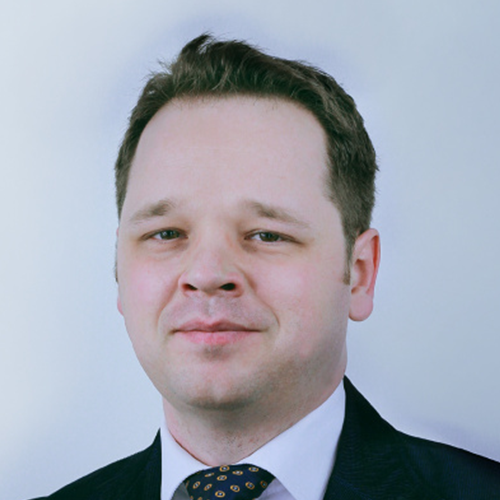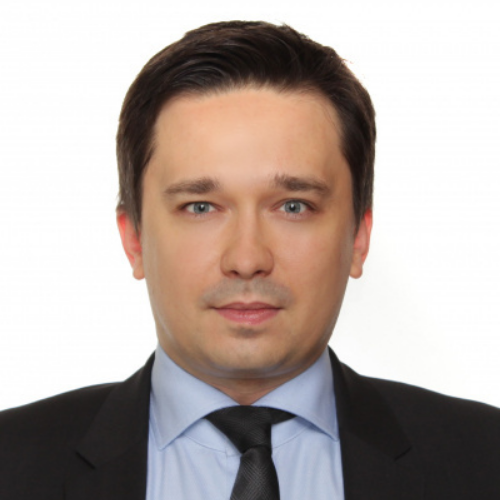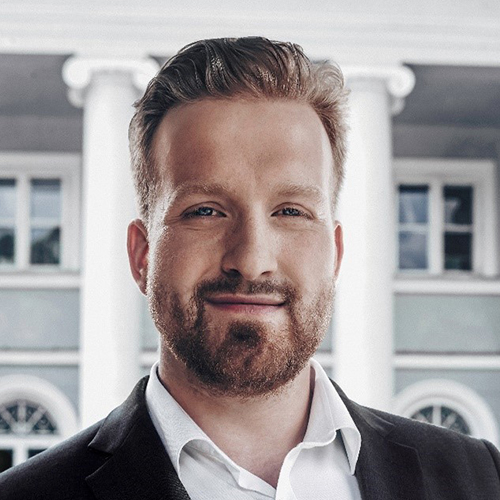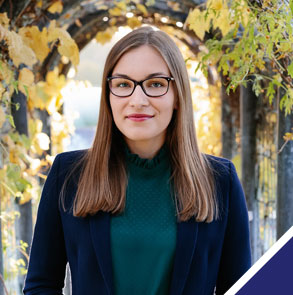Digital Law & Policy – Proportionality Principle In IT Regulation
About the conference
We are excited to invite you to a conference on the ‘Proportionality Principle in IT Regulation’, organized by the University of Warsaw, under the honorary patronage of the European Data Protection Supervisor and the Commissioner for Human Rights of the Republic of Poland.
The registration form is now open. Please note that there is a conference fee that should be transfered before the Conference. More information about the fees and bank account details can be found in the registration form.
The conference aims to bring together various perspectives, build community, and investigate what the proportionality principle means for information technologies (IT) and digital economy regulation. Consequently, the question is what limits proportionality introduces for the legislators and what means proportional regulation of IT and the digital economy. The conference aims to bring together scholars from different disciplines dealing with regulatory issues related to information technologies and the digital economy. An interdisciplinary perspective will help answer how to effectively and proportionately regulate IT and the digital economy.
Dates and place: University of Warsaw, Warsaw, 10-11.09.2022 (Collegium Iuridicum II - Lipowa 4 street, room A.2 & A.3)
New challenges to almost all fundamental rights appeared due to progress in informational technologies and the rise of the digital economy. Therefore, what followed the digital revolution is the development of fields such as privacy, data protection, cybersecurity and crime online, e-health, media and telecommunications, data governance, online competition protection, intellectual property protection online and open data, artificial intelligence, and autonomous systems regulation. In recent years, we have witnessed numerous new regulatory initiatives, such as GDPR, or proposals for AI Act, Digital Market Act, Digital Services Act, ePrivacy Regulation, Data Governance Act, Copyright Directive, or NIS Directive. These regulations emerge at the crossroads of constitutional, civil, criminal, and administrative law. Therefore, the magnitude of legislative changes poses by itself a question of proportionality.
Caution is needed to strike a balance between competing fundamental rights and economic interests to allow for the high legal standards of protection for citizens and dynamic IT and digital economy growth. A proportionality principle is a suitable tool, as it limits the scope of allowed regulation to only what is strictly necessary. Still, given the dynamic development of IT and the digital economy, it is an open question of what is and how to assess strictly necessary regulation in each instance.
Call for submissions
We are confident that the conference will attract a diverse array of scholars and exciting scholarship on a wide range of issues. We invite both established and young researchers to participate. We expect to structure panels and presentations on a wide variety of IT law and digital policy topics. There is no strict category of tracks or themes to which papers must be aligned. An interdisciplinary perspective is most welcomed. Nonetheless, we encourage and particularly invite contributions that address the issue of proportionality in the context of:
- privacy and data protection
- cybersecurity and crime online
- e-health
- media and telecommunications
- platform governance
- online competition protection
- financial technologies
- intellectual-property protection online
- artificial intelligence, robotics, and autonomous systems regulation
- human-computer interaction and virtual/mixed reality
- open data and data governance
Contributions could, for instance, address the following aspects:
- Exploring the conditions for, and conceptual underpinnings of, proportional regulation of IT and digital economy
- Discuss proportionality of a given regulation or legal norms in the respective field related to IT law and digital policy
- Inquiry into competing interests and rights in the digital economy and how to reconcile them
- Comparative analysis with other jurisdictions or legal fields to find insights for IT and digital economy regulation
- Inquiry into how IT and digital economy advancements affect current legal and ethical frameworks and suggesting avenues for proportional IT Law and digital economy regulation
Abstracts and panels submissions
We welcome submissions of anonymous abstracts and proposals for panels composition from groups of scholars. Abstracts and proposals should be submitted in English. Participants are invited to submit an abstract or proposal up to 500 words (references not included). Participants should also provide 3 to 5 keywords describing their contribution.
Abstracts and proposals should be submitted in Word document to digital.law.policy@wpia.uw.edu.pl. They will go through a double-blind peer-review procedure. A scientific committee composed of academics from the University of Warsaw and other universities will examine submissions and inform candidates of the outcome. Abstracts and proposals shall be submitted by 8th May 2022. Those selected to participate will be notified by the end of May 2022. The conference is free of charge for active participants.
We hope that the conference will contribute to and impact the discussion about proportional regulation of IT and the digital economy. Therefore, based on the evaluation of the contributions, authors of accepted abstracts and panels will be invited to optionally submit full papers before the conference in view of a monograph published in a leading publishing house.
Keynote speakers
Martin Ebers – Humboldt University of Berlin
Paul De Hert - Vrije Universiteit Brussel
Robert Kroplewski - Plenipotentiary of the Minister of Digital Affairs for Information of the Republic of Poland
Orla Lynskey – London School of Economics
Bart van der Sloot – Tilburg University
Jan Trzaskowski - Copenhagen Business School
Marcin Wiącek – Commissioner for Human Rights of the Republic of Poland, Head of Human Rights Department, Faculty of Law and Administration, University of Warsaw
Wojciech Wiewiórowski – European Data Protection Supervisor, University of Gdańsk
Scientific Committee

Piotr Grzebyk
University of Warsaw
Arwid Mednis
University of Warsaw
Monika Namysłowska
University of Łódz
Przemysław Pałka
Jagiellonian University
Marcin Wiącek
Ombudsman of the Republic of PolandOrganizing committee

Jan Czarnocki
KU LEUVEN Centre for IT & IP Law
Milena Wijas
Cardinal Stefan Wyszyński University of Warsaw
Krzysztof Jaworski
University of Warsaw
Justyna Kanas
University of Warsaw
Szymon Piotrowski
University of Warsaw
Mateusz Mintzberg
University of Warsaw
Michał Ścibura
University of Warsaw
Stanisław Zabandżała
University of WarsawPartners

Honorary patronage

Main sponsor


